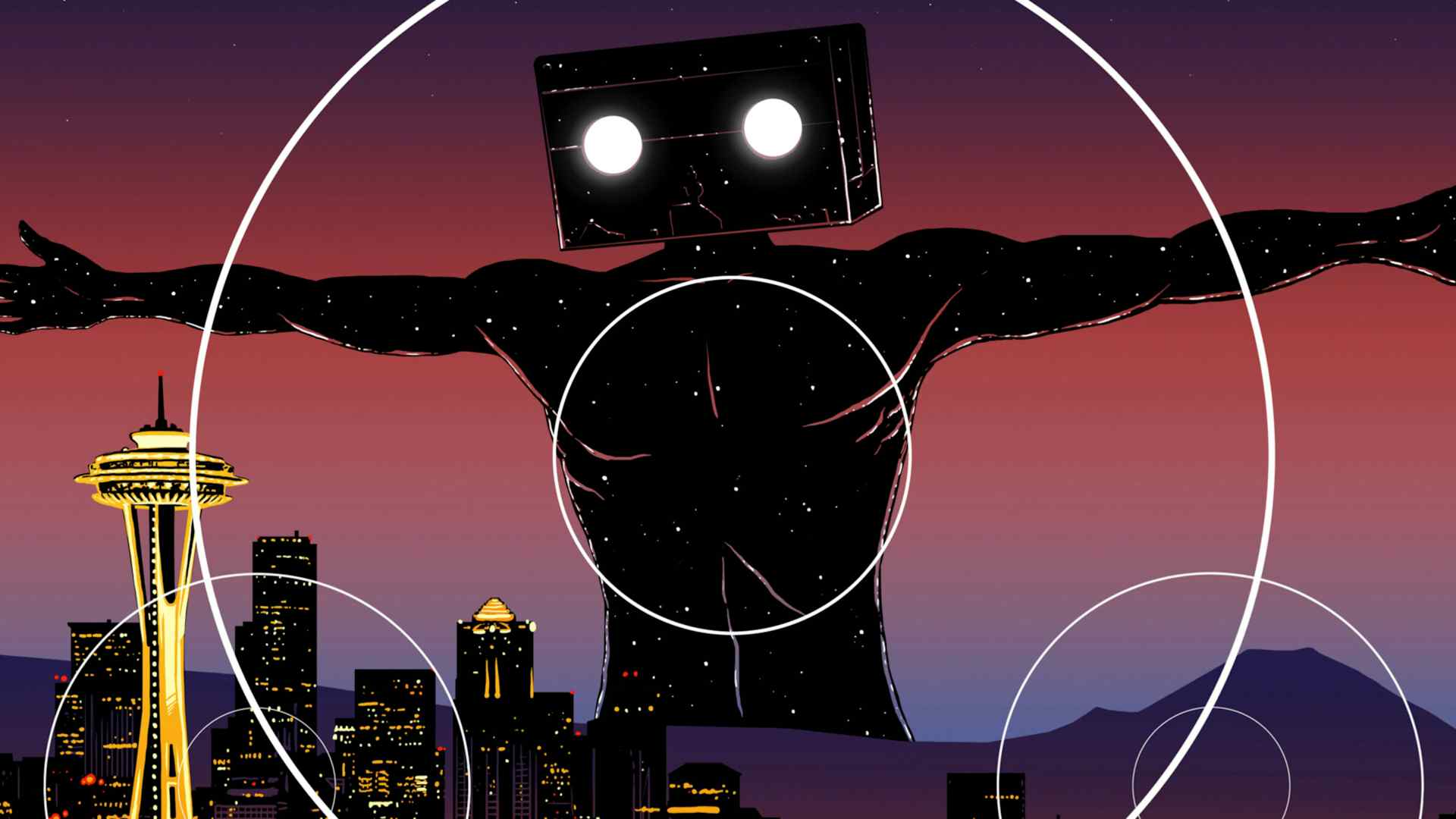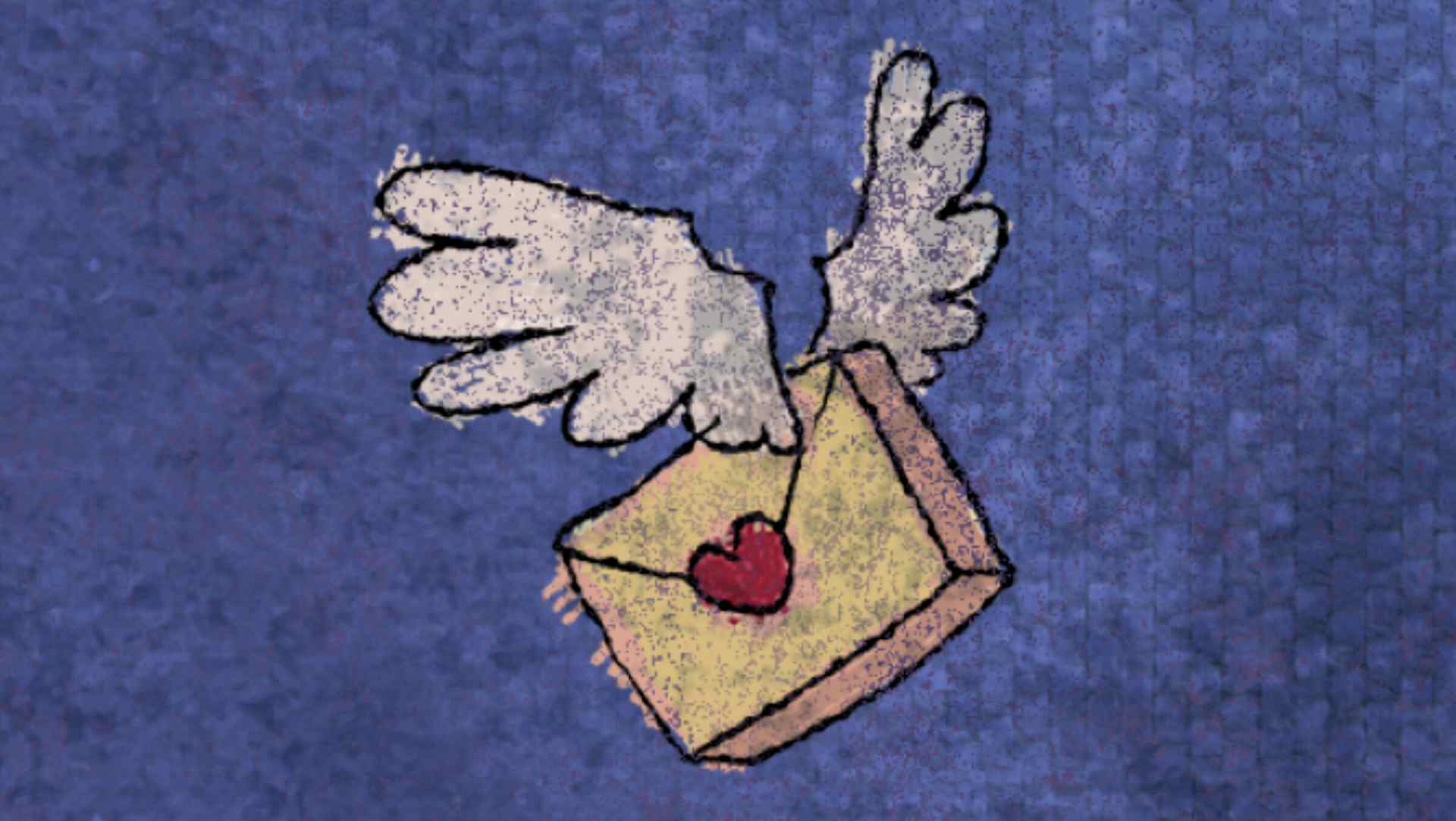Robert Horton is a Scarecrow board member and a longtime film critic. This series of "critic's notes" is chance to highlight worthy films playing locally and connect them to the riches of Scarecrow's collection.

When a movie goes for over three hours, it is reasonable to ask why it lasts that long—one expects epic scope when things break the 200-minute mark. The Brutalist, directed by Brady Corbet and written by Corbet and Monica Fastvold, is a kind of epic, although it doesn't try for Zhivago-like settings or sweeping crowd scenes, confining its big-picture reach to a lavish Pennsylvania mansion and the nearby hill that is the location for the grand architectural project that occupies the characters for most of the story.
Our central figure is Laszlo Toth (Adrien Brody), who arrives in the U.S. after escaping the Holocaust; he lands in the vicinity of a Hungarian cousin (Alessandro Nivola) who has changed his last name and married a shiksa, embracing the American Dream in the form of a furniture store. When the cousin asks Laszlo about the product he has in his showroom, Laszlo soberly declares, "They are not very beautiful." The film seeks to say a lot about America, but this line is the most succinct summary.
Laszlo's genius comes to the attention of Harrison Lee Van Buren (Guy Pearce), a kind of Rockefeller-Kennedy bigwig, excited by Laszlo's talent (or, more exactly, excited that other tastemakers recognize Laszlo's talent) and the fact that the two of them can have "intellectual" conversations. Pearce gives a career performance as a fatcat who is easily flattered and cruelly impetuous. (Is there any other kind?) In movie terms, he's a relative of Charles Foster Kane, but without Kane's humanizing loneliness. To cite another cinematic forebear, he's the rich guy who befriends Charlie Chaplin's Tramp while on a bender in City Lights, pledging friendship and loyalty, and cold and amnesiac the morning after. No question, Adrien Brody's performance is hauntingly credible, as Toth is marked by the Holocaust—never explicitly depicted, but always a presence—and also dogged by some other existential fire that has to do with the reason people try to create beauty. But Pearce walks away with the picture, a bland monster who might just possibly still live in our time.
There are many ideas in The Brutalist, and they do go on a bit. My first reaction to this big film is that it feels more literary in its conception than cinematic, despite the ghosts of past movies I've just invoked. Corbet does wonders on what must have been a relatively limited budget—Laszlo's journey out of Europe is shot close on Brody's face in a darkened stairway we take to be the hold of a ship—no budget needed to evoke a harrowing life experience here—a twisting camera movement capped by the sight, above deck (even if we don't quite see a deck) of the Statue of Liberty coming into view, upside down. An episode in an Italian marble mine is hallucinatory in the way it differs from the rest of the movie, both in its ghostly look and its troubling action. The whole film is cheeky, almost Wellesian in its brazenness.
A strange one, this, and not like anything else. For all its visual interest, especially in creating Laszlo Toth's magnum opus, the film isn't really much about architecture. I'm not sure the word "brutalist" is actually spoken, unless it's in the epilogue. But then the title's subject isn't clear, either—is it the architect at the center of the story, or some one or thing in his adopted country?
December 20, 2024


